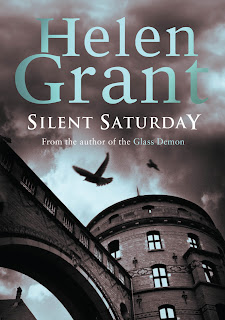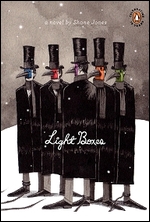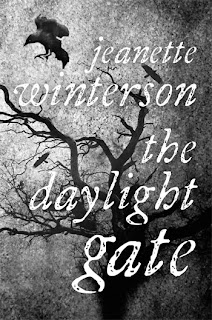The Chessmen is the final novel in Peter May’s crime trilogy set on the Isle of Lewis, in Scotland’s remote Western Isles. I found the first instalment, The Blackhouse, interesting and atmospheric but flawed in terms of character development, but thought book two, The Lewis Man, was excellent.
Unfortunately I think The Chessmen is by far the weakest of the three. In its favour, it does have many of the features that attracted me to its predecessors, including sharply accurate descriptions of the beautiful but sometimes bleak island landscape and the realities, both positive and negative, of a life lived in such an environment; a strong lead character in returning islander and ex-policeman Fin Macleod; and evocative flashback sections that build up the interwoven back-stories of the characters, many of whom appear in all three novels (Donald Murray, teenage rebel turned Free Church minister, is perhaps the most interesting of these).
However, the plot of The Chessmen really did stretch my credulity past breaking point. I won’t reveal much about that, as this is essentially a whodunnit after all, but apart from the sheer unlikeliness of the murder plotline’s outcome, which I simply couldn’t believe for a second, we’re also expected to accept that Fin had a number of school friends who formed an internationally famous Celtic rock band for whom he was once a student roadie. This wouldn’t be too much of a stretch had the two previous instalments in the series not also had many lengthy flashbacks to Fin’s teen years in which this is barely mentioned, despite it obviously having been of enormous significance to him – and, at the time, the island itself.
Moreover, while the flashback scenes in the previous two books were the most absorbing chapters, revealing, chilling and full of atmosphere, I found it hard to care much about bickering resentment between a group of bored teenagers fighting over a girl.
The lack of development of Fin’s character and relationships in The Chessmen also disappointed me. His relationship with his former childhood sweetheart Marsaili seems to be at a sort of sulky stalemate throughout, and the son and grandchild he should still be getting to know barely appear, so the interesting implications of a man who has recently lost a little boy in hit-and-run accident suddenly finding himself with a whole new family are simply ignored.
I don’t know if Peter May has any intention of writing a fourth Isle of Lewis novel. If he does, I hope it’s a return to the strong form of The Lewis Man rather than more of what we see in The Chessmen.


